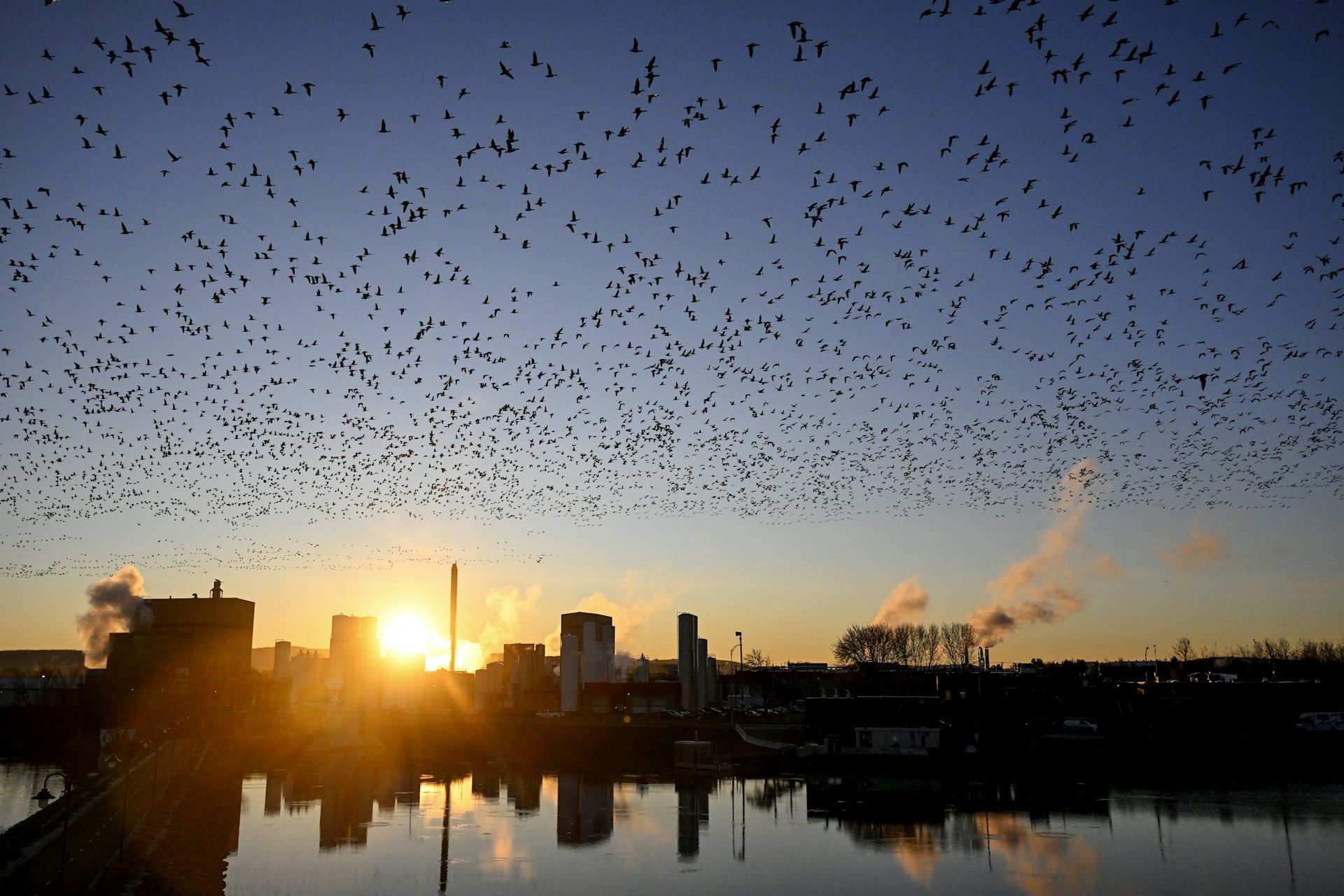
H5N1 is the latest evidence that climate change is altering how viruses spread and evolve. It is essential that global public health officials take these dynamics into account.
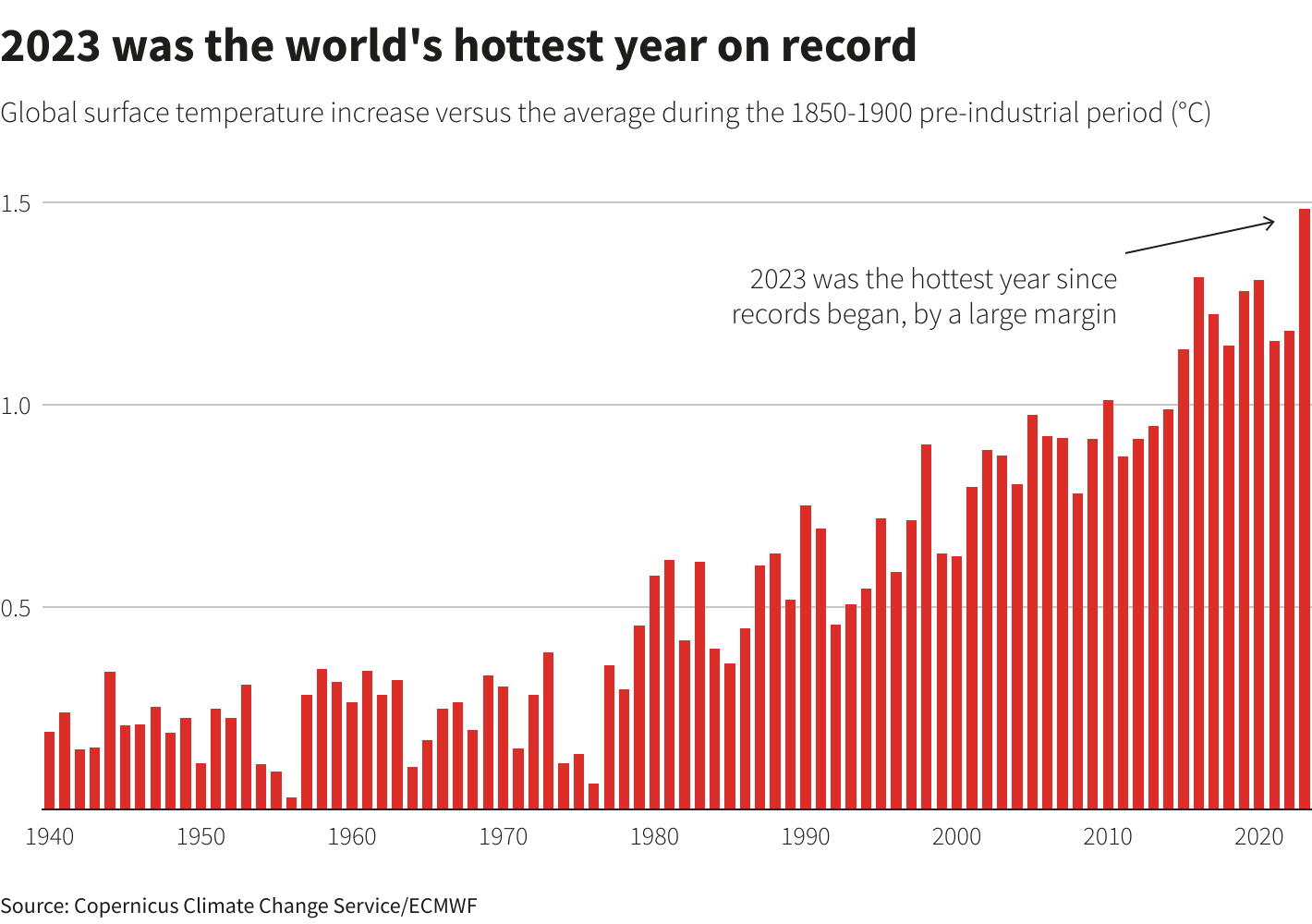
May capped a full year of monthly record-breaking temperatures. Globally, rising heat is causing hundreds of deaths, disrupting education and displacing communities.
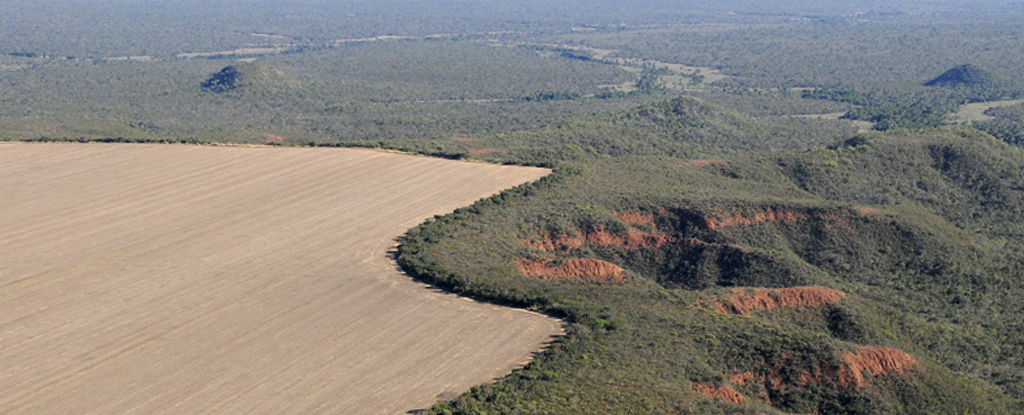
Up to 50 percent of rangelands are now degraded, a new report from the United Nations (UN) finds. Alongside climate change, many other problems are contributing to rangeland demise, mostly stemming from poor land management.
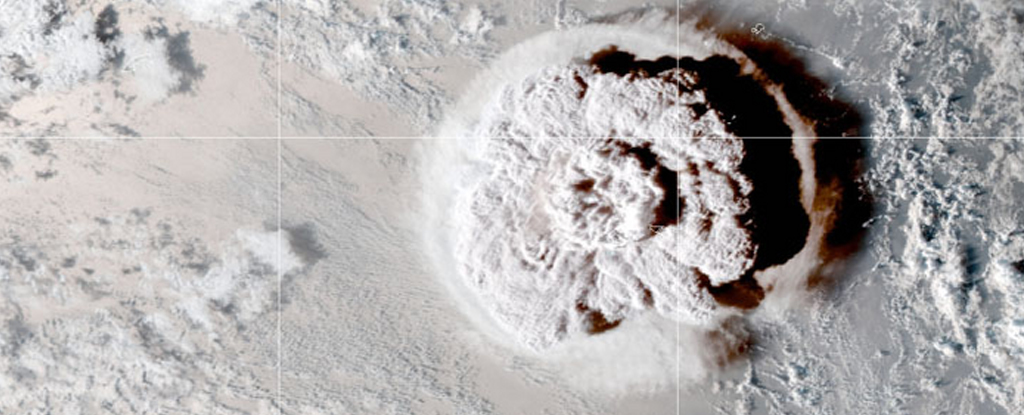
Because it was an underwater volcano, Hunga Tonga produced little smoke, but a lot of water vapor: 100–150 million tonnes, or the equivalent of 60,000 Olympic swimming pools.

Approximately three million people in currently untapped areas of Korea could face groundwater depletion by 2080.
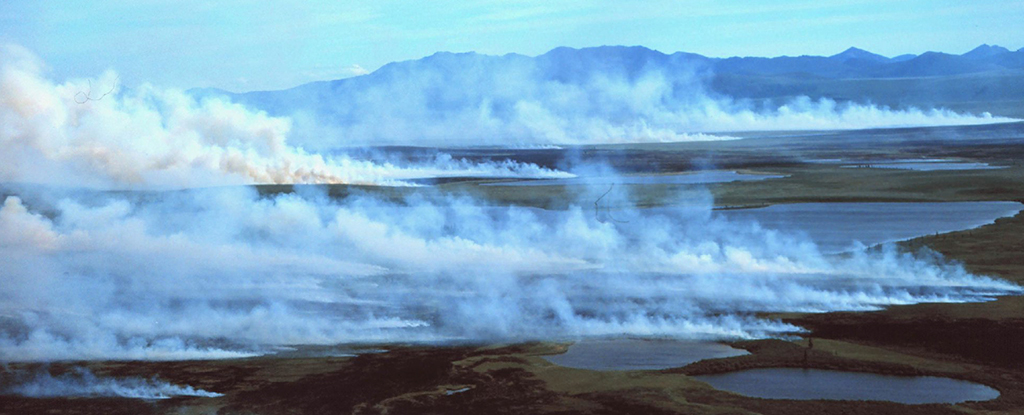
These fires puzzle scientists because they appear in early May, way ahead of the usual fire season in the far north, and can reignite for a number of years.

As the world braces for another summer of extreme heat, following the record-setting 2023 season, a recent study has acutely linked heat waves to the rate of early births among pregnant women.
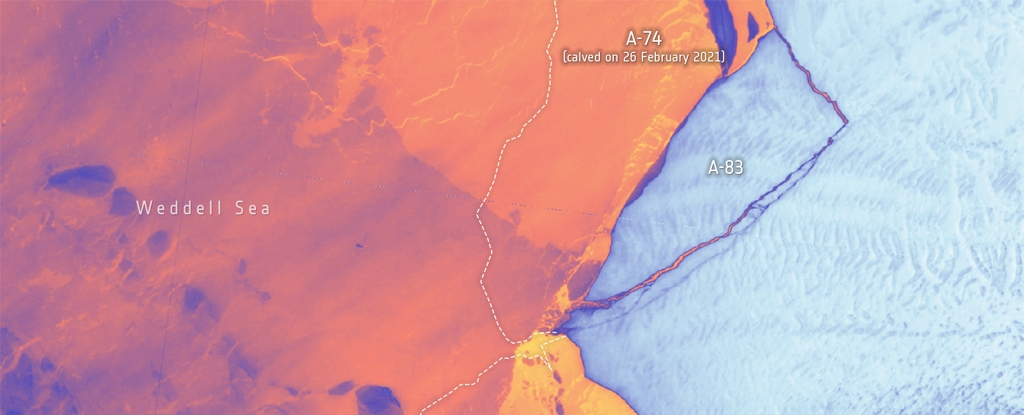
On May 20th, 2024, an iceberg measuring 380 square kilometers broke off the Brunt Ice Shelf in Antarctica. This event (A-83) is this region's third significant iceberg calving in the past four years.
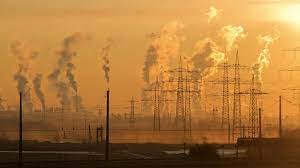
Today's rate of atmospheric carbon dioxide increase is 10 times faster than at any other point in the past 50,000 years, researchers have found through a detailed chemical analysis of ancient Antarctic ice.

Across Europe, Asia and North America, surface air temperatures were more than 2°C higher in June, July and August 2023 than the average summer temperature between AD1 and 1890, as reconstructed from tree ring records.
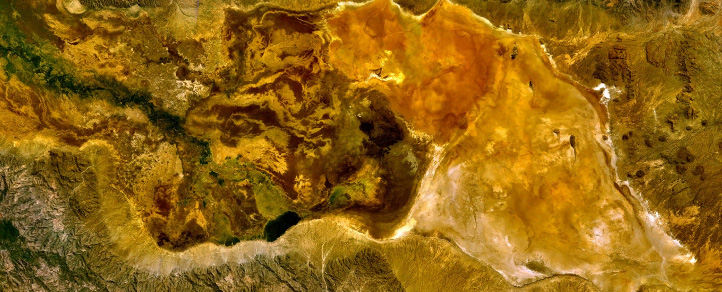
Around five and half millenia ago, northern Africa went through a dramatic transformation. The Sahara desert expanded and grasslands, forests and lakes favoured by humans disappeared. Humans were forced to retreat.
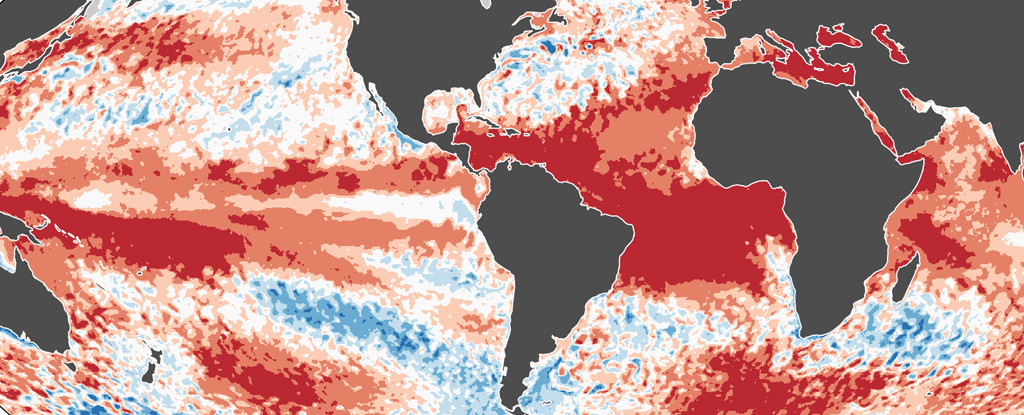
April marked another "remarkable" month of record-breaking global air and sea surface temperature averages, according to a new report by the EU's climate monitor published on Wednesday.
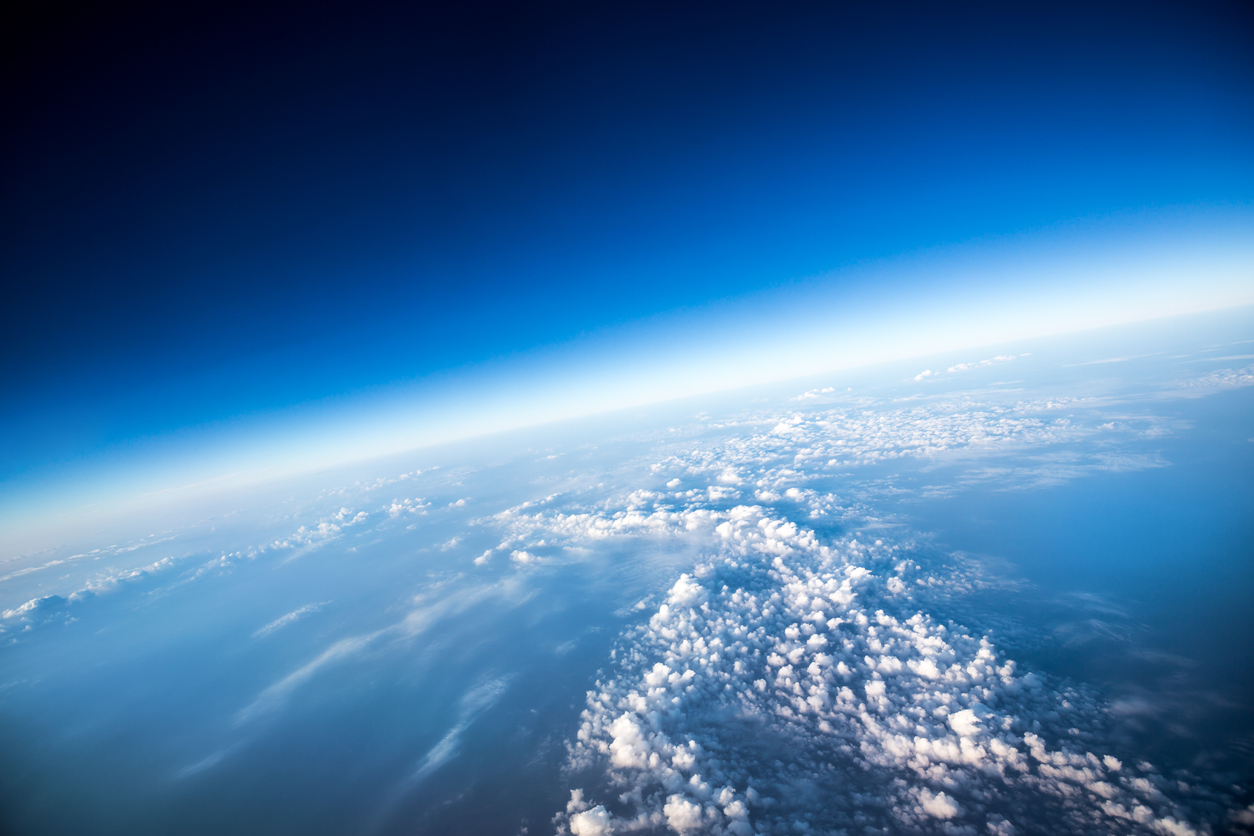
The 2023 ozone hole opened early and fast, becoming one of the largest on record in mid-September, and it’s one of the longest-lived observed to date. The causes of this behaviour point to climate change or volcanic emissions.
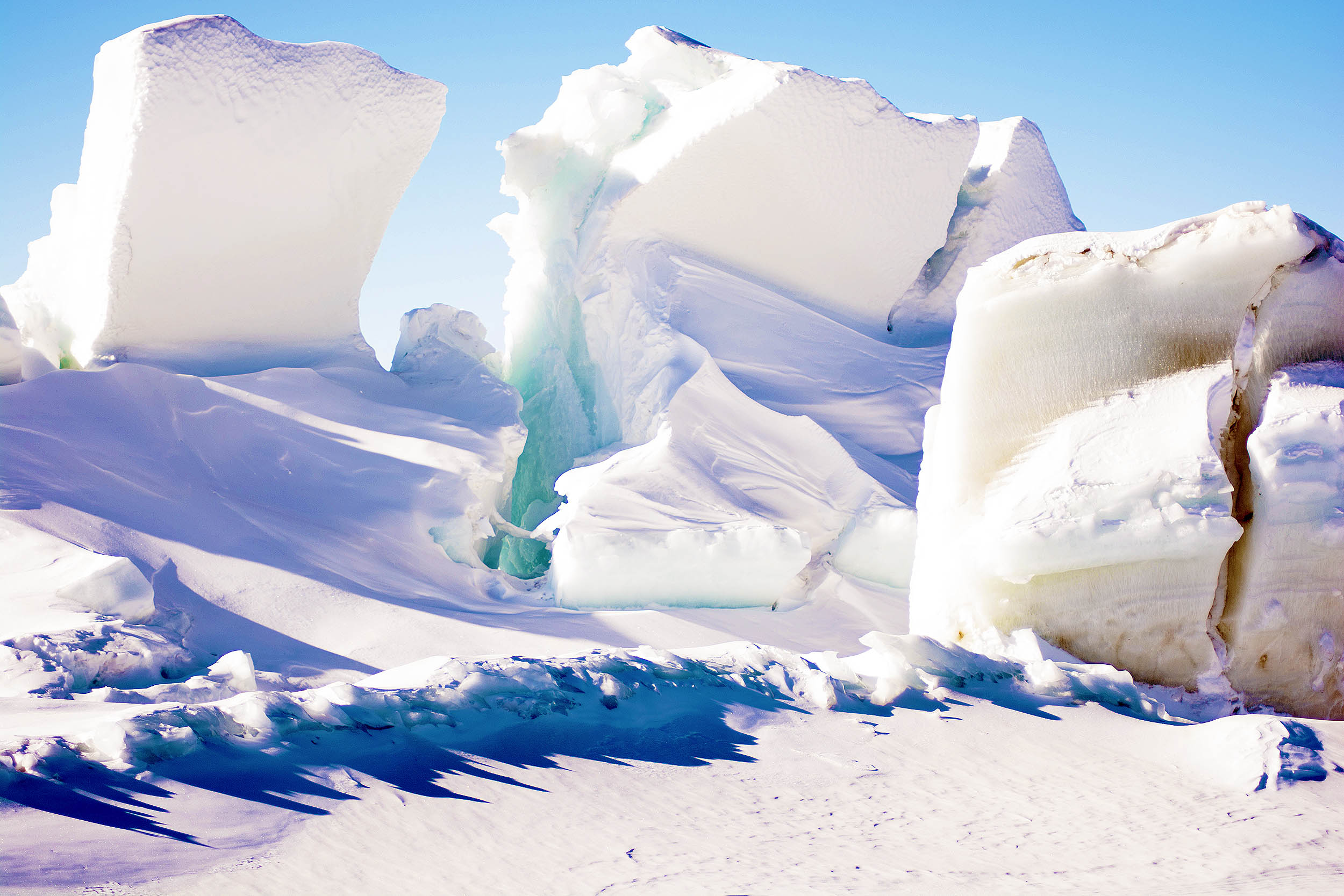
Antarctica’s Ross Ice Shelf, a massive floating ice platform about the size of France, shifts suddenly a few centimeters at least once a day.

The fourth global coral bleaching event, announced this week, is an urgent wake-up call to the world.